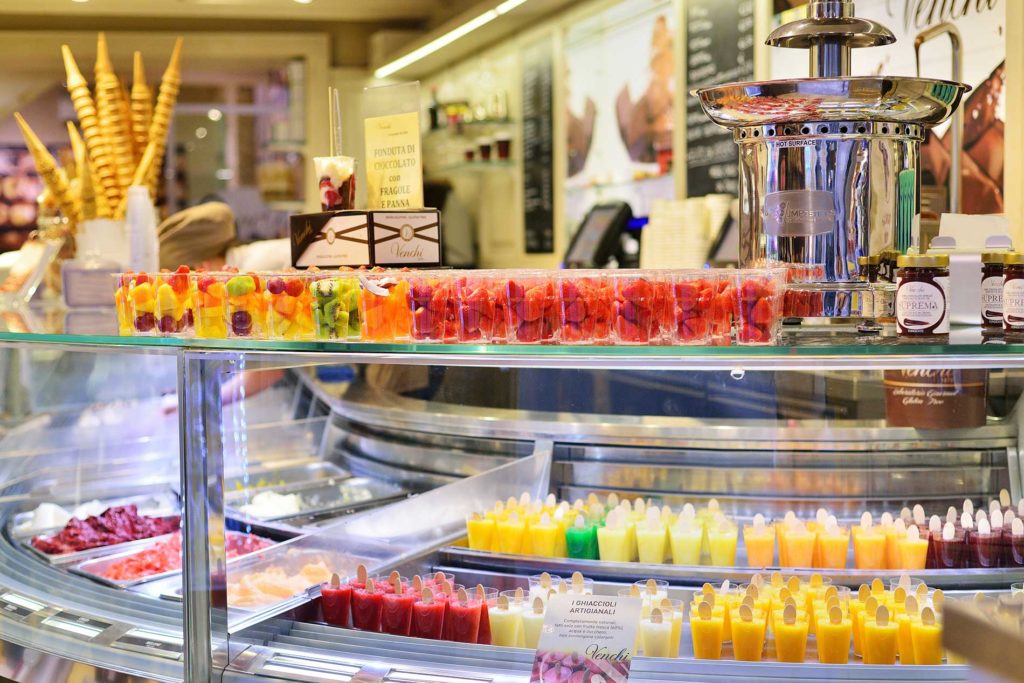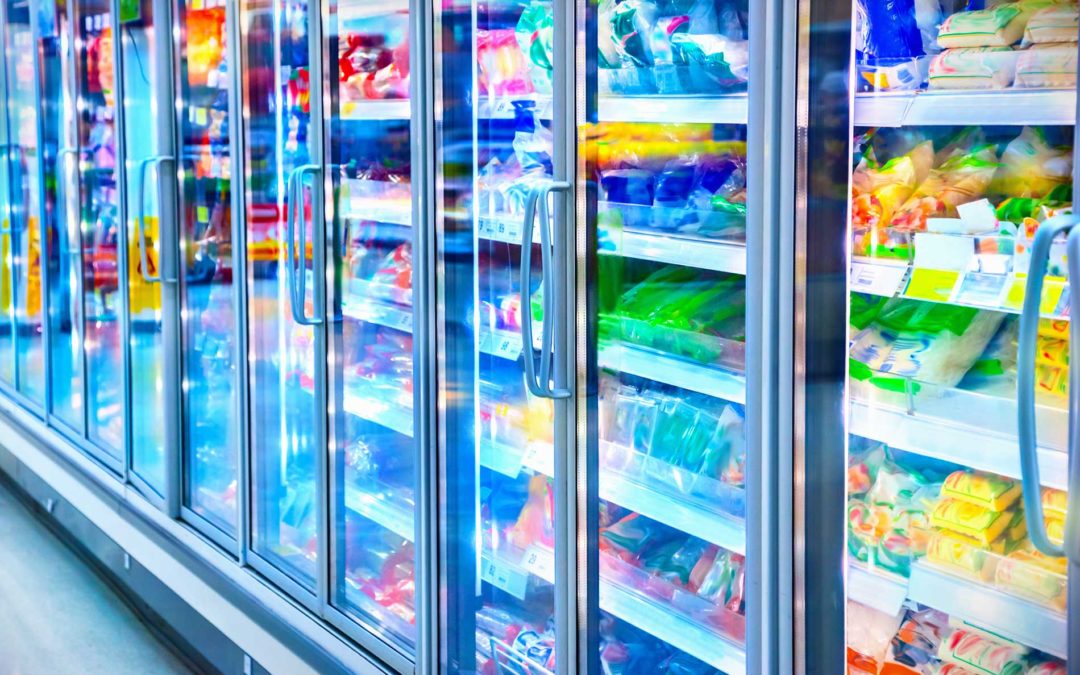Commercial refrigeration systems are crucial for businesses that must keep their products fresh and preserve quality. If you shop for groceries or beer, you’ve likely seen and opened walk-in coolers, reach-in freezers, and display cases. But what makes these refrigerators different from their residential counterparts, and how do they work?
Refrigeration Systems
Commercial units come in various types, sizes, and configurations, depending on their intended use and the products they store.
The Refrigeration Cycle
The refrigeration process in vapour compression refrigeration systems is a four-step process.
1. A high-pressure liquid refrigerant is pressurized, converted into a vapour and forced into a condenser.
2. The condenser initiates a cooling process to cool down the gas, which condenses into a liquid.
3. From there, it enters the expansion valves, rapidly reducing pressure and temperature, causing it to turn into a low-pressure, low-temperature liquid.
4. It then enters the evaporator, where it absorbs heat, allowing the refrigerant to evaporate back into the compressor to start the vapour compression cycle all over again.

Refrigeration Considerations
Getting the size and capacity of any commercial refrigeration system right is important—an oversized unit will waste energy and raise humidity levels around the food. In contrast, undersized units may struggle to maintain the desired temperature and humidity.
For commercial businesses, these refrigerators require regular maintenance and upkeep to ensure optimal performance and avoid costly breakdowns. Proper care can extend the fridge’s life, reduce energy consumption and utility bills, and above all prevent food spoilage and the possibility of any health hazards.
Specialized refrigeration units are also vitally necessary in hospitals, laboratories, and other industrial facilities that require strictly controlled temperature environments to keep blood, vaccines, medicines and medical supplies safe and contamination-free.
When choosing a commercial refrigeration system, there are various power choices to consider – units can be powered by electricity, natural gas or propane. Deciding on which power source may depend on municipal permitting, local regulations, availability of the power source, performance requirements, budget and rebates, and different energy efficiency ratings.
Contact A1 Kelowna Today!
If you are considering installing, repairing or replacing a refrigeration system for your business, make sure to choose a reputable, certified HVAC company like A1 Heating and Air Conditioning. We will give you excellent service and support. Call us today for a free quote!

